|
Earlier this year the Conservancy held its annual AGM where we celebrated an important achievement as an organisation - our FIRST internationally funded project! We were privileged to have Trevor DeRuisé with us from Lost Boy wines who’s gorgeous “wines from the wild” were a perfect accompaniment to our important AGM. At the AGM we introduced our members to our exciting new restoration project, funded by the INTERNATIONAL CLIMATE INITIATIVE GRANT (IKI), also known as the IKI Small Grants Programme. The IKI Grant is implemented by the Deutsche Gesellschaft für Internationale Zusammenarbeit (GIZ) GmbH and focuses on climate change mitigation projects and on biodiversity and forest conservation. ABOUT THE NEW PROJECT The conservancy has always focused on alien clearing projects to aid the natural environment and create employment in the surrounding communities. We will continue to do this work but, through the IKI Grant, we can take this work a step further. In most cases, on-going alien clearing is the most cost-effective approach to restoration. However, in some cases, the removal of invasives can result in open and bare ground, with little to no regrowth of plant species. This will increase the risk of erosion and the regrowth of aliens. This often occurs in highly disturbed areas that do not have natural seedbanks or where the seedbank might be from garden plants that may not always be ideal to re-establish in cleared areas. In these conditions, the natural environment struggles to adequately restore itself and would take twice as long. In these cases, nature benefits from a helping hand or a ‘hup-stoot’, as our new restoration manager, Corné Brink puts it. This project will allow us to combine alien clearing with forest restoration activities in specific areas. This project is a 2-year contract and will focus on establishing the nursery facilities for restoration, developing the skills needed and promoting restoration activities. We have selected two demonstrate sites where we can test approaches, develop standards, and train our alien clearing teams in restoration techniques. The project has a large emphasis on capacity building, and job creation in rural communities. For this project, we will need a large number of indigenous plant species, ranging from ground covers, shrubs, and trees. This is only possible by establishing our own propagation facility where we can learn how to propagate the wide array of plants that represent the diversity of the Grootvadersbosch flora. To make this project a success, we will work closely with landowners to responsibly harvest plant material so that our sites closely match the local genetic plant material. For each of the restoration sites, we have selected a reference site which helps to guide what plants should be represented on the restoration sites.
In the long term, the nursery may eventually become a source of revenue for the conservancy so that we can continue to sustain our alien clearing activities that are still reliant on a government funding. Much like in nature where diversity is crucial for sustainability, diversity of funding sources is also important to secure the future of the conservancy. This project will allow the conservancy to build capacity, diversify income sources, and increase the skillsets of the local communities surrounding the Grootvadersbosch Conservancy. This will be done by employing more workers and providing training in ecology, restoration activities, and methods of propagation of indigenous species. Through this project, we are also engaging with other restoration professionals to build our collective understanding of how we can improve the effectiveness of restoration projects in the Western Cape as a whole. The IKI project will be implemented by Corné Brink who joins us from the Garden Route Botanical Gardens in George. Corné has a background in conservation, guiding and endangered species rehabilitation. Her experiential knowledge of successional ecology and the different techniques and styles of ecosystem restoration, along with her style of implementing holistic practices through scientific methods will assist in pioneering a standard for ecosystem restoration in Afromontane forest, fynbos and renosterveld in the region. She will be assisted by Goliath (Twakkie) Highburg and Jessi Venter. Oom Twakkie has incredible knowledge of the Grootvadersbosch flora region and has a natural ability to grow anything put in front of him. He has incredible local knowledge to share with the restoration team and we would be lost without his wisdom and work ethic. Jessi is our Nature Conservation student intern, who will soon be graduating, but staying on as a vital part of our team. She has always had a passion for conserving nature and she is extremely excited to finally live out this passion with our new Restoration Project. She is also our Social Media Content Creator and combines her love of photography with incredibly stories from the many GVB expeditions. Now that Oom Twakkie is more involved in the restoration project, Ricardo (our alien clearing manager) needs more assistance with the ever growing alien clearing projects. This has allowed us to bring in Mzomhle Mtshintshi who has a background in forestry and is taking on the Quality Controller role (with the odd trip to the river for fish monitoring!). We are excited about the many new opportunities that this project will bring to the conservancy and to the area as a whole. Thank you for your support HOW CAN YOU HELP?
Donations of 🌼 White Yogurt Tubs 🌼 Dark yogurt Tubs 🌼 5l Ice Cream Tubs 🌼 Cardboard boxes 🌼 Newspaper would be greatly appreciated! And any donations of indigenous plants and equipment will also be appreciated! Thank you to everyone's continuous support for our work
0 Comments
Your comment will be posted after it is approved.
Leave a Reply. |
AuthorGVB Conservancy Staff Archives
May 2024
Categories |
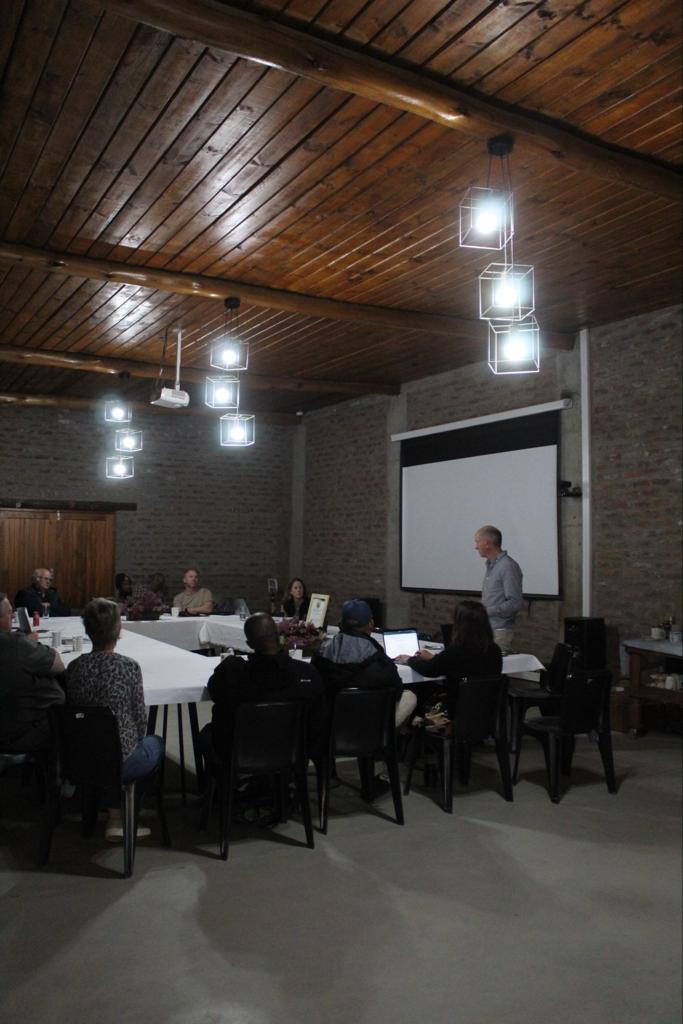
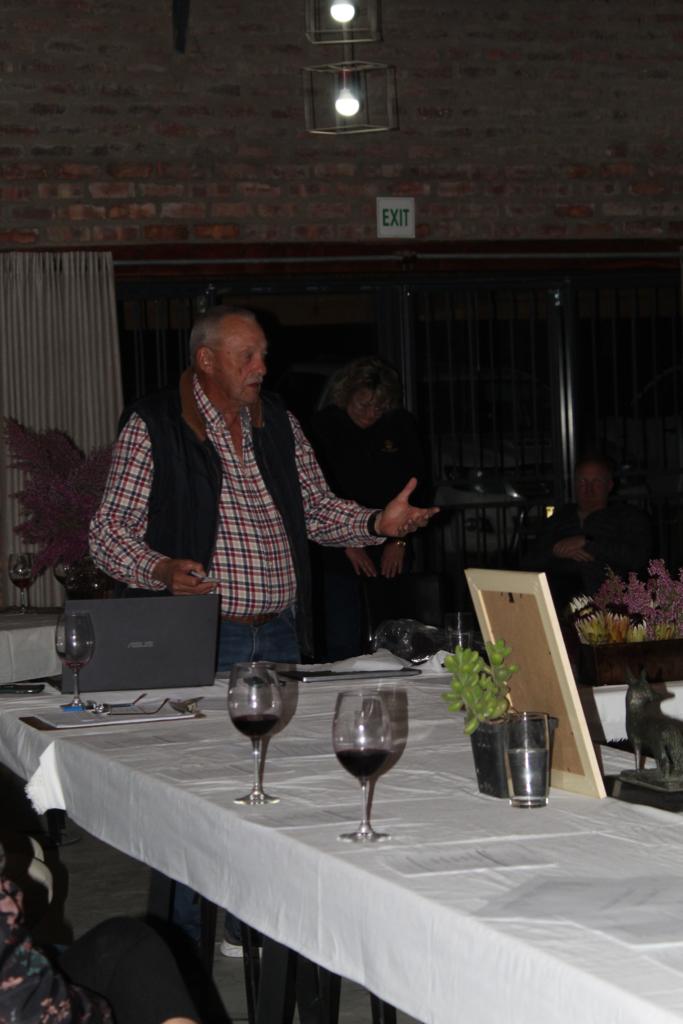
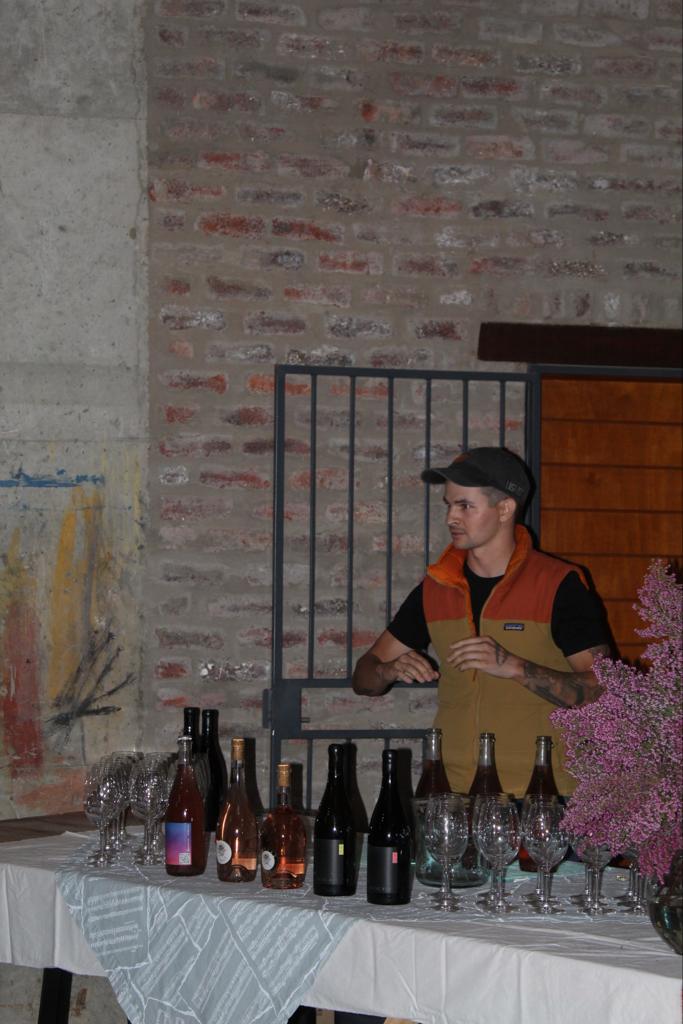
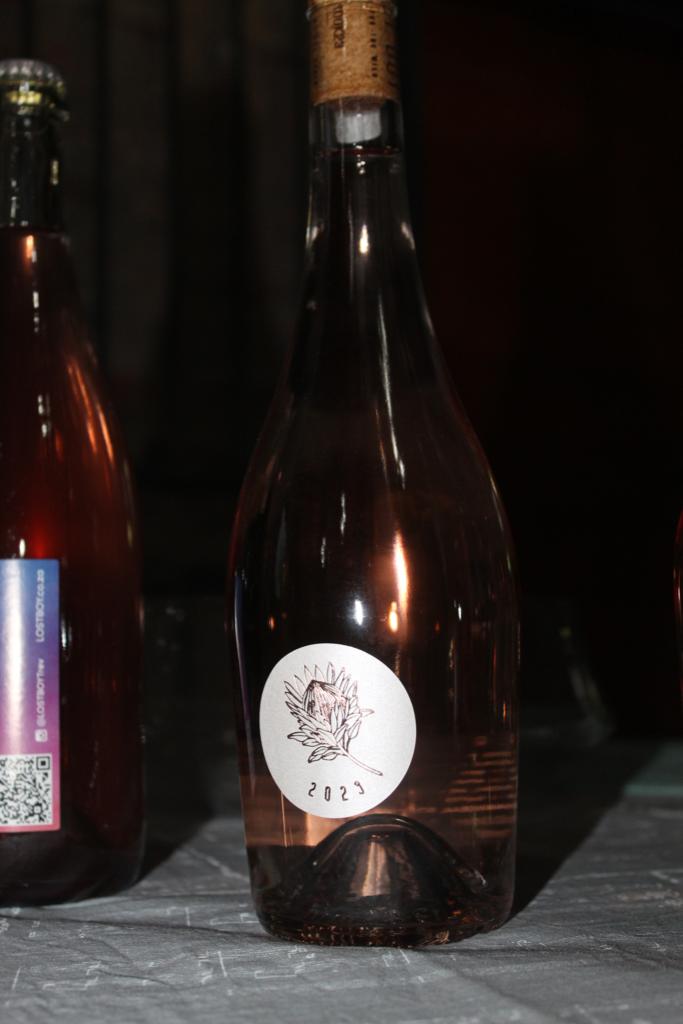
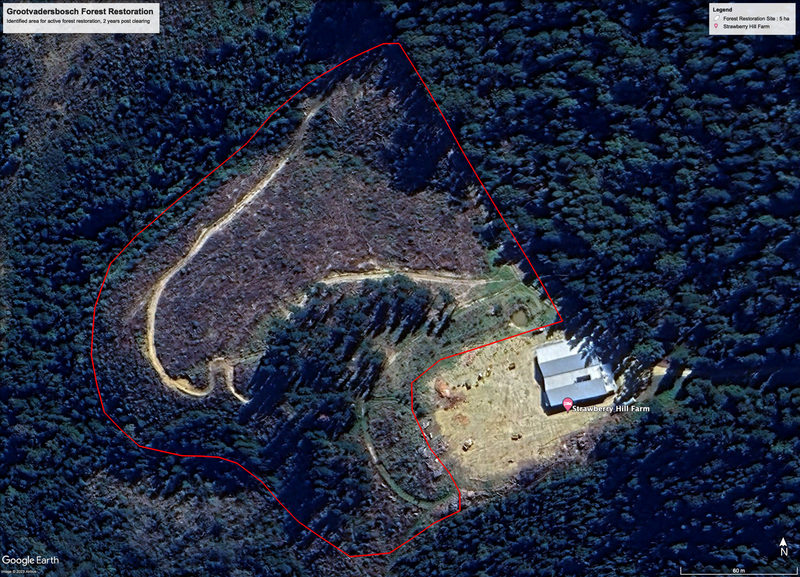
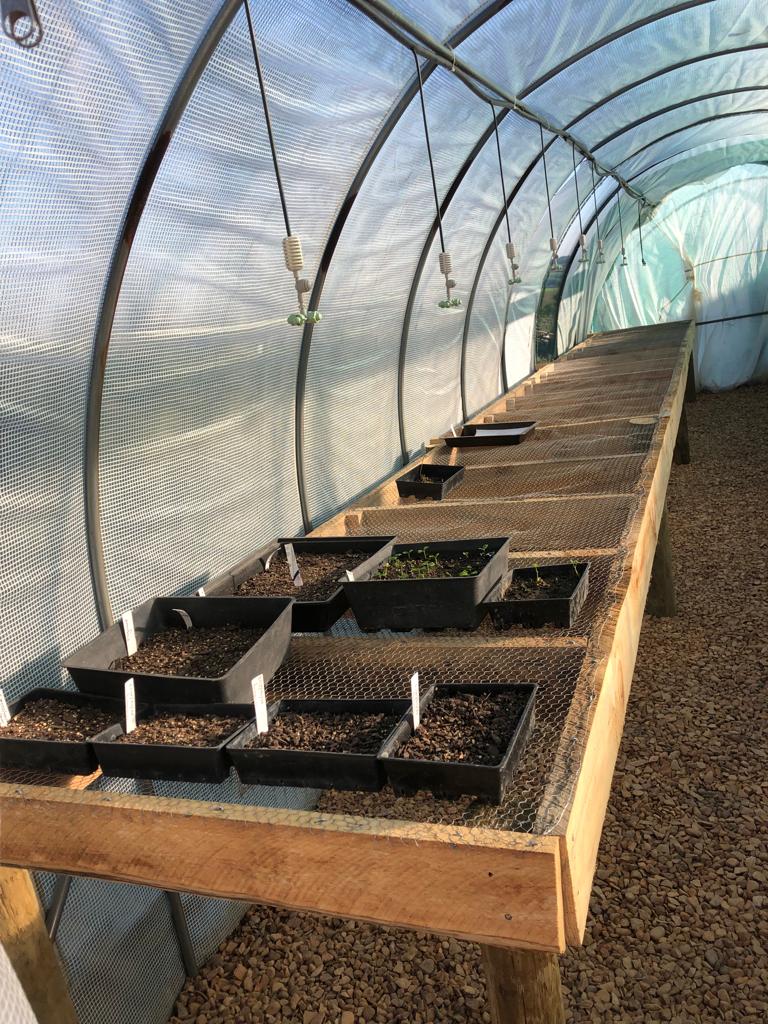
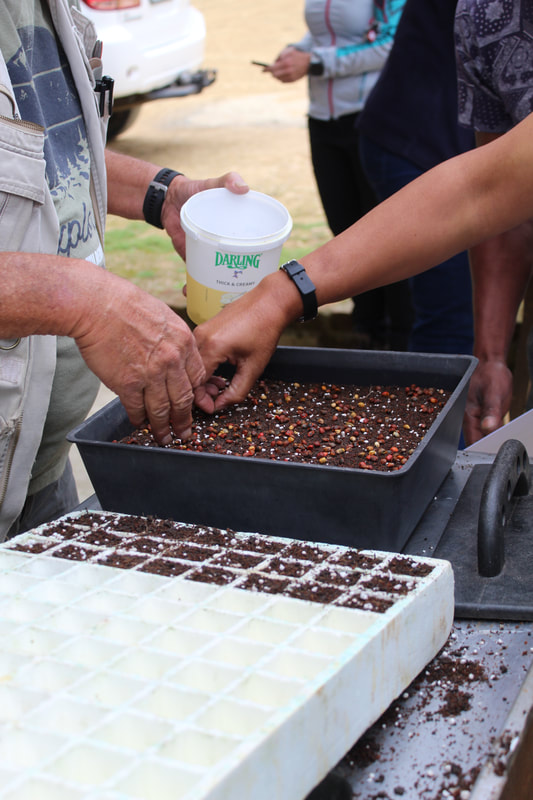
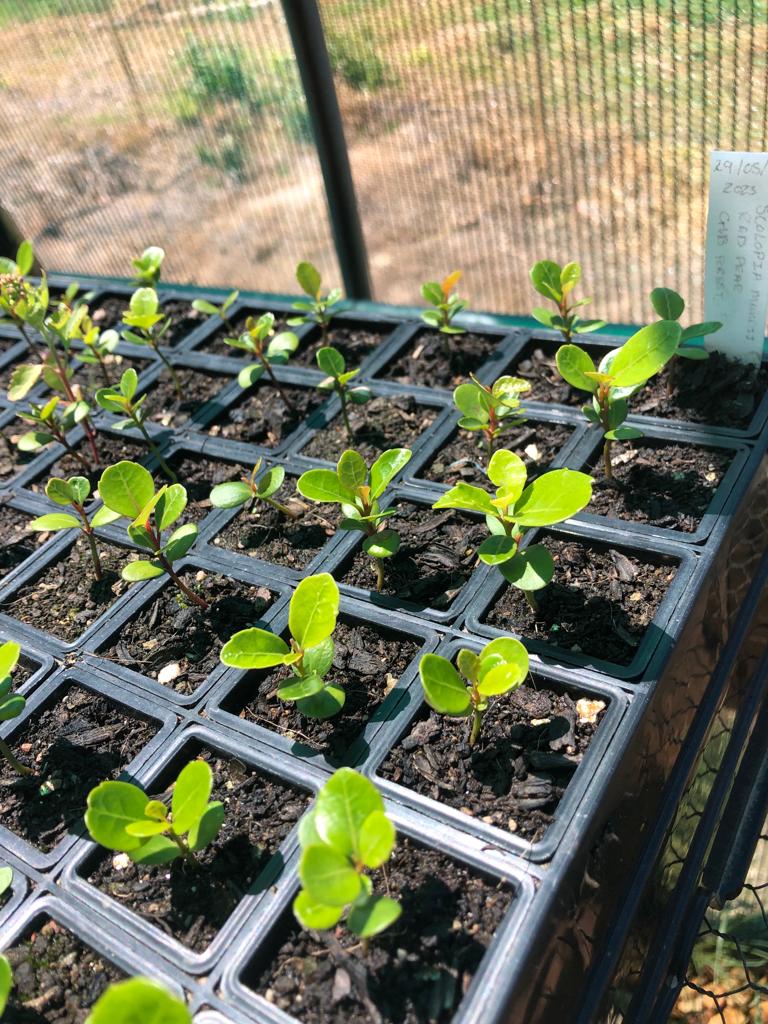
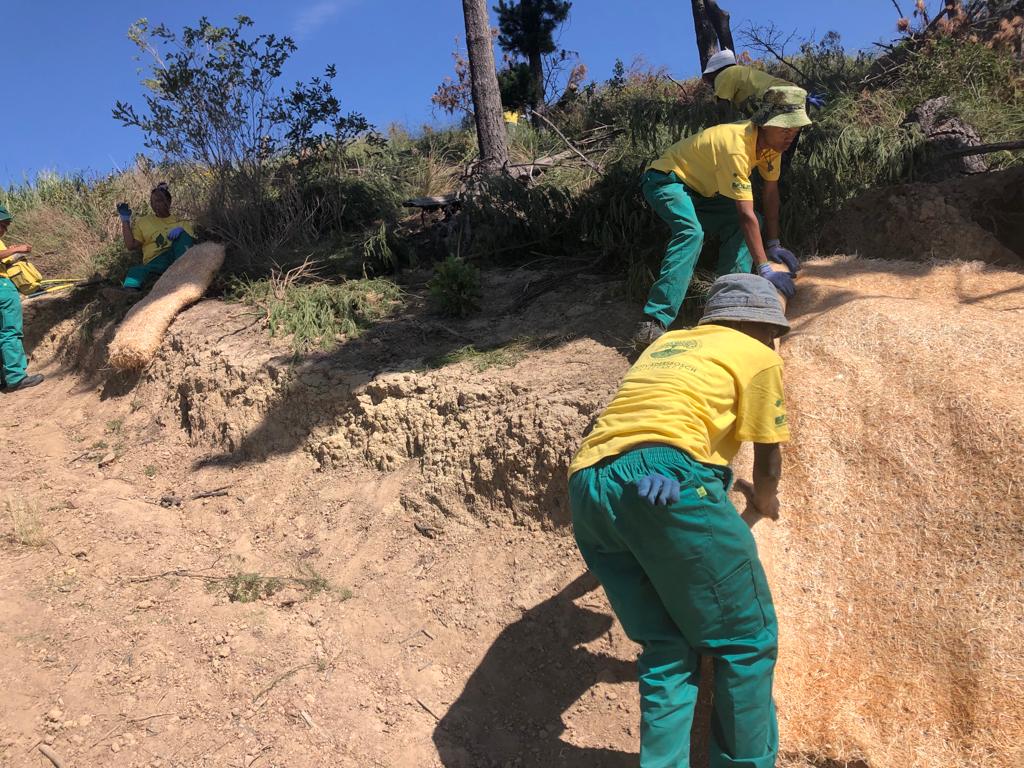
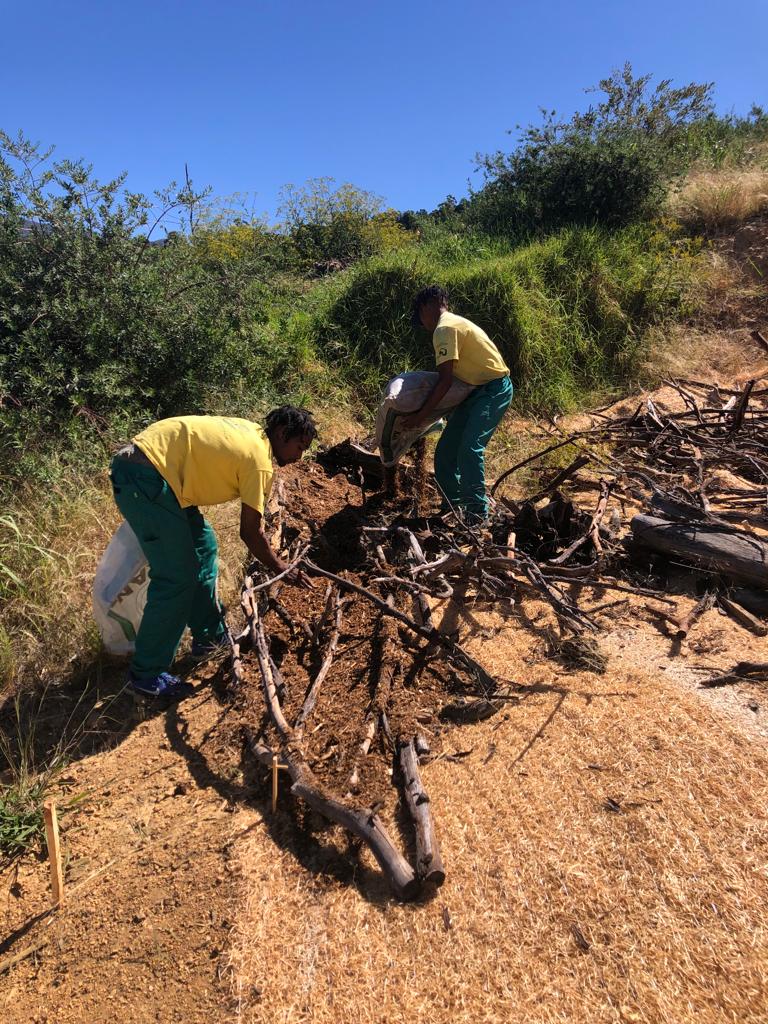
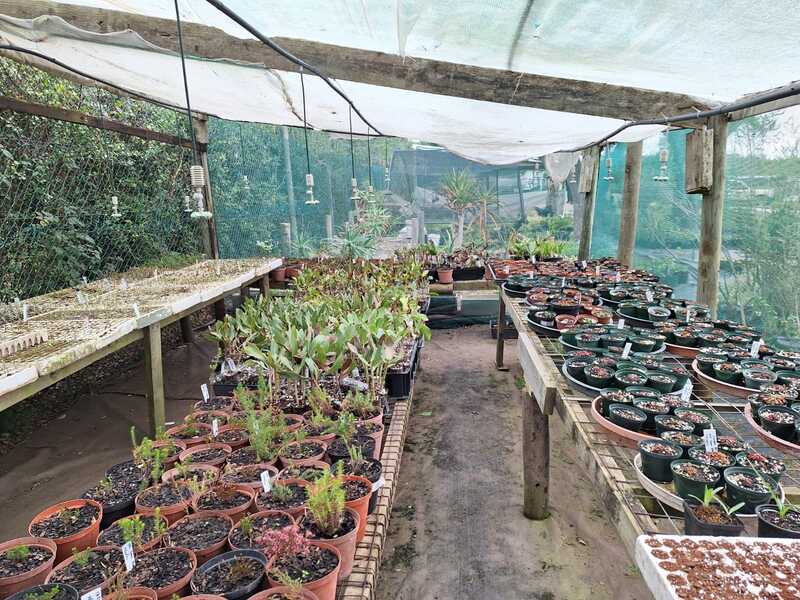
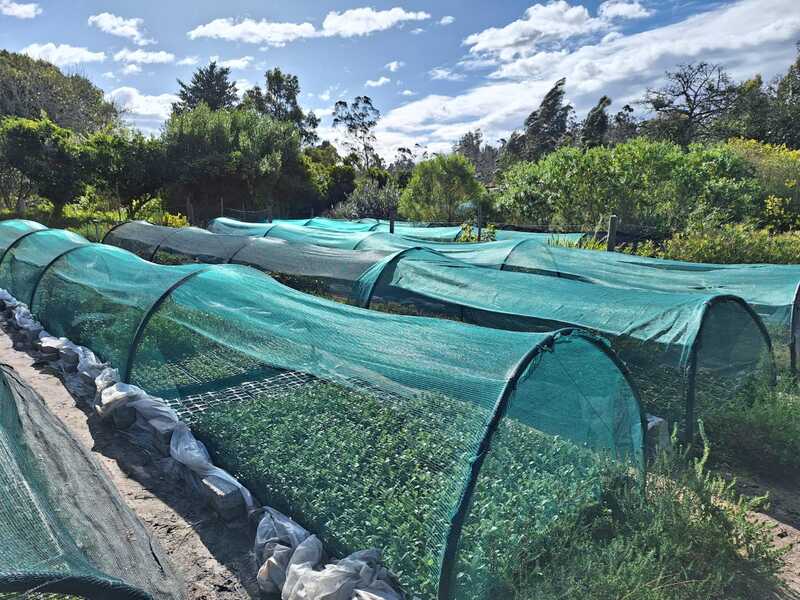
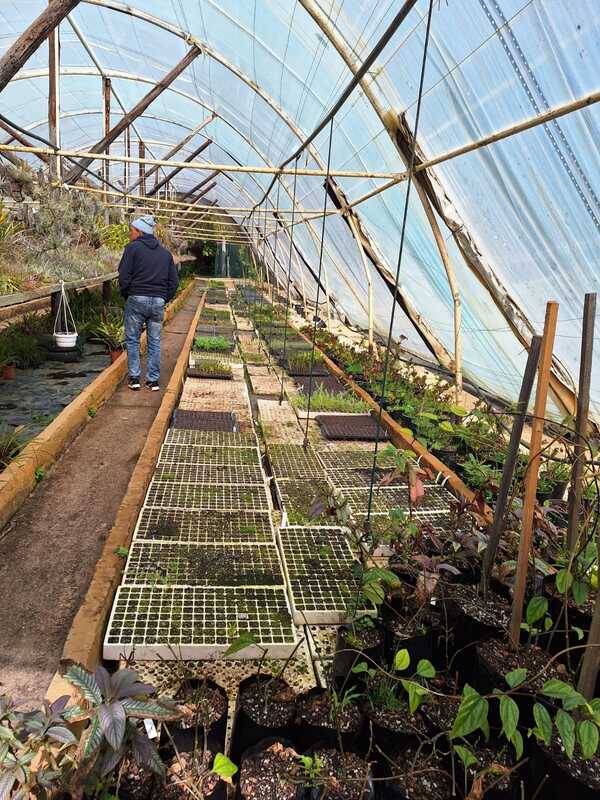
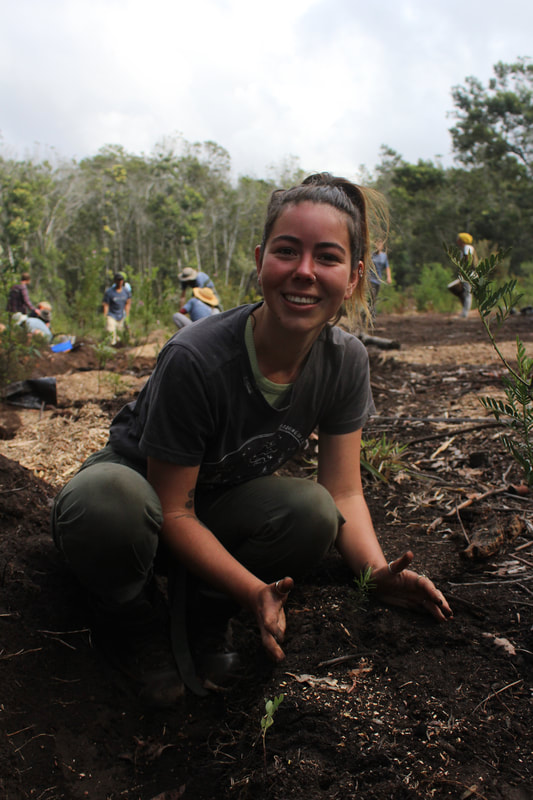
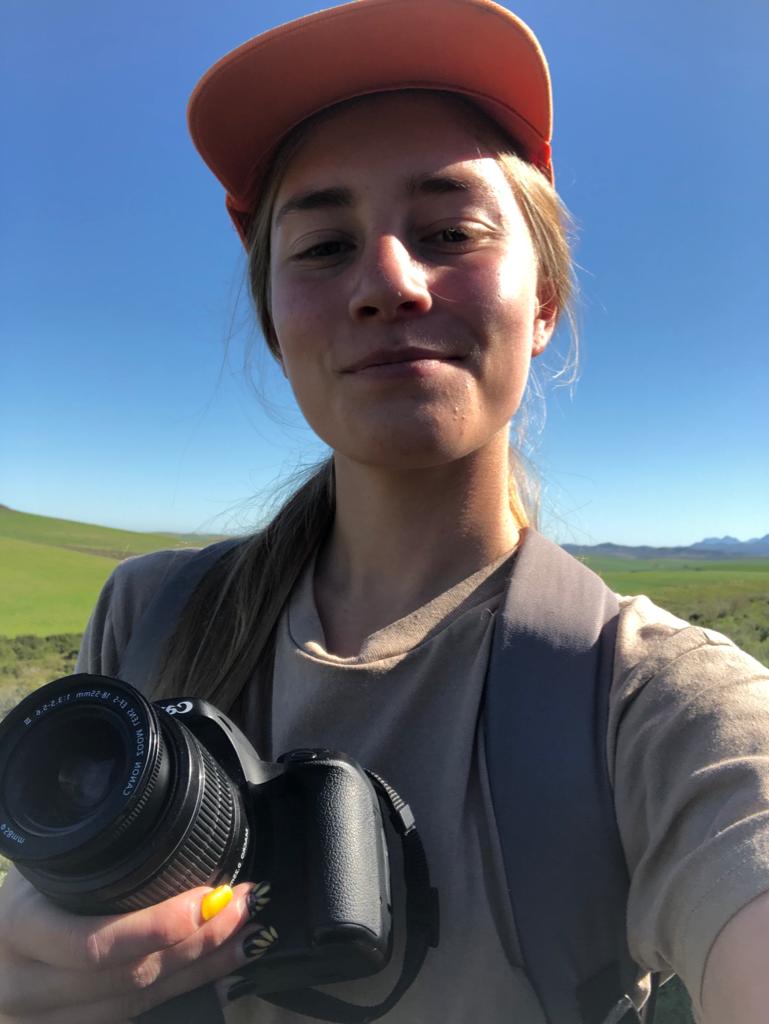
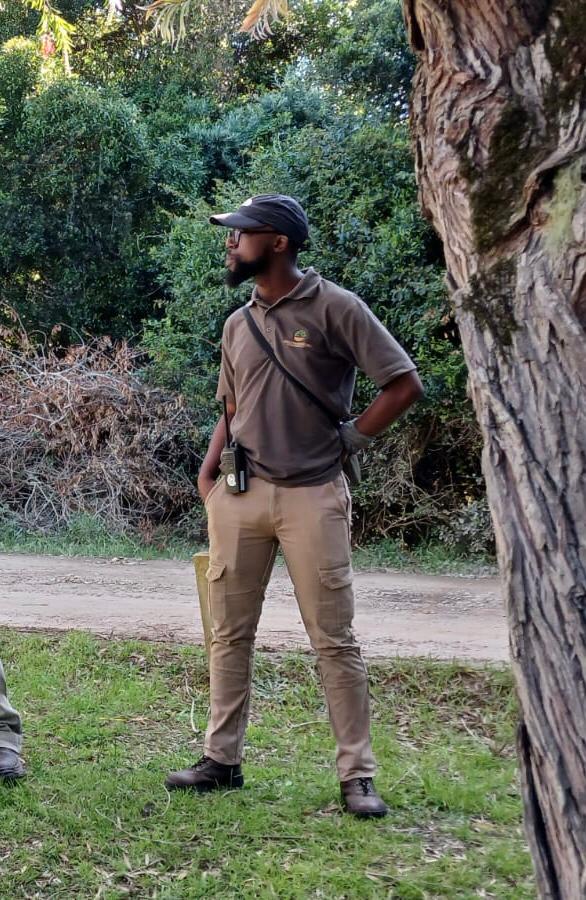
 RSS Feed
RSS Feed






